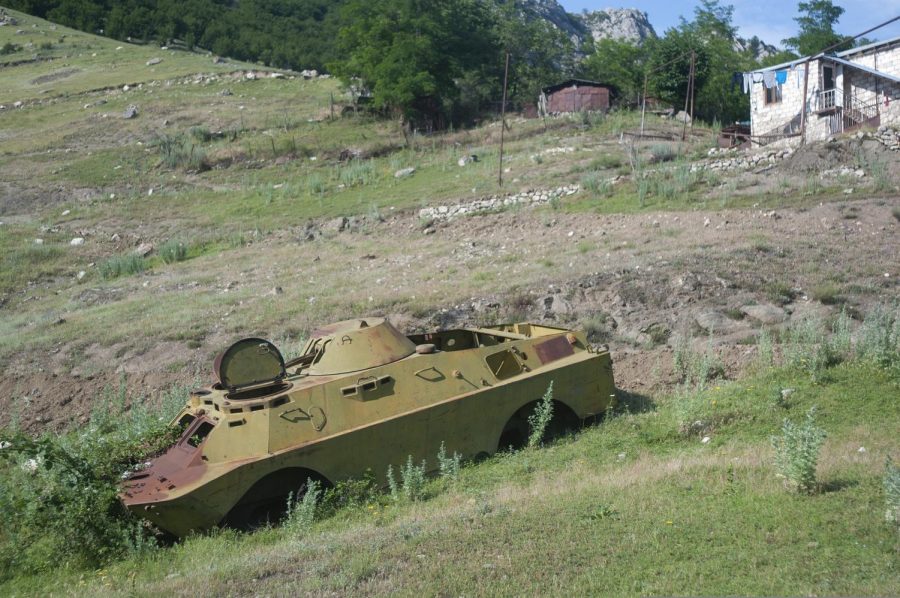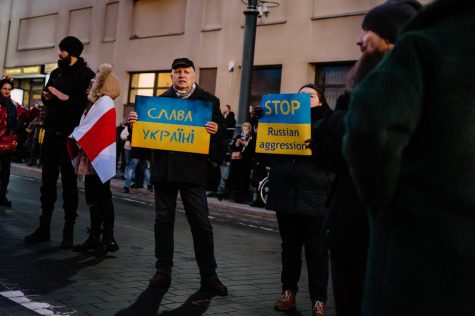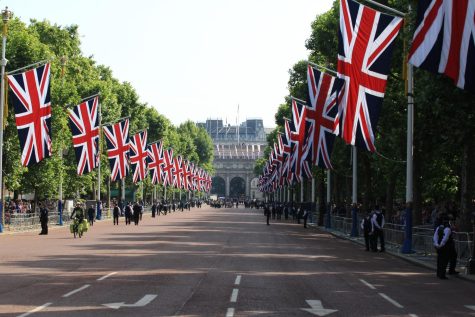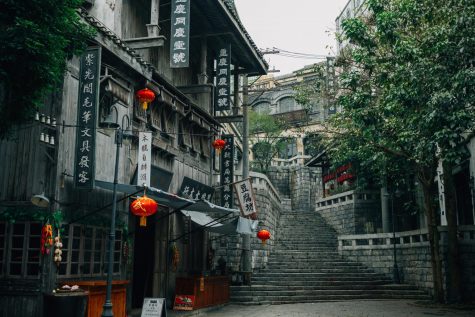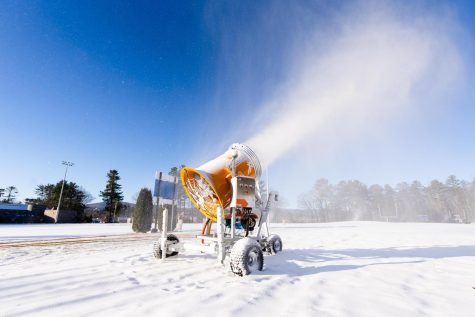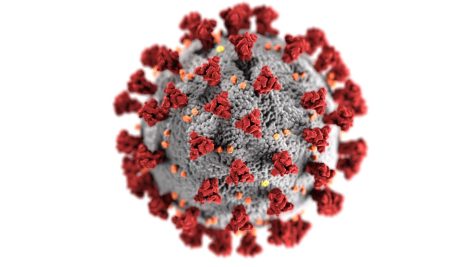Armenia and Azerbaijan are Fighting Again – Why Does This Matter?
Armenia and Azerbaijan have fought for decades in a conflict over a small region called Artsakh (around the size of Delaware), where 99.7% of the region is ethnically Armenian. Since the mid-1990s, it has been controlled by ethnic Armenians yet is internationally recognized as Azerbaijan. Artsakh controls a part of the former Nagorno-Karabakh Oblast, an enclave within Azerbaijan. The country is reliant on and closely integrated with Armenia, in many ways functioning de facto as part of Armenia.
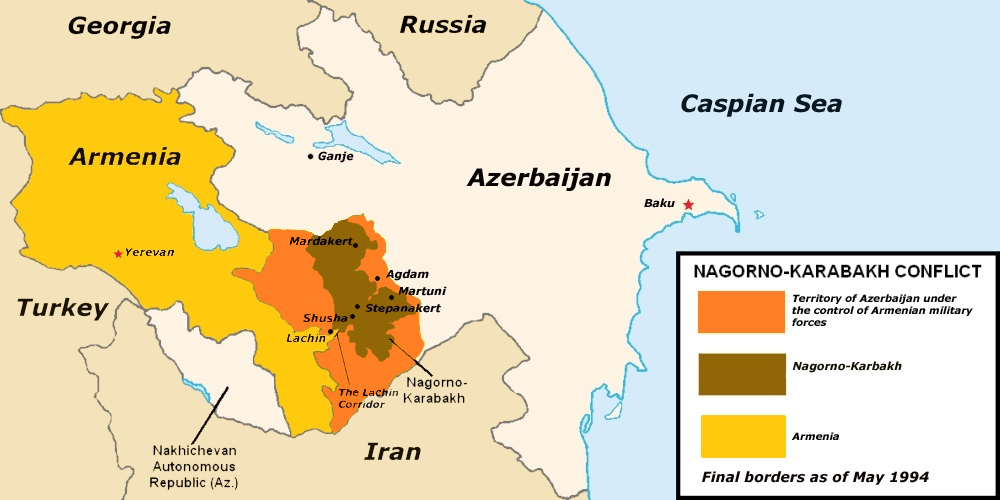
99.7% of Artsakh is ethnically Armenian, and their voting history shows that the vast majority of the population is in support of either full independence from Azerbaijan or joining Armenia. Azerbaijan and Armenia have been at war over Artsakh because Azerbaijan claims that Artsakh, a state where Armenian cultural buildings are older than Azerbaijan itself, belongs to them. Armenians have tried everything from peace deals to revolutions, yet nothing has worked. It has become standard for people in Armenia to wake up to attacks every single day.
As an Armenian, I have shared many stories and sources on social media about how non-Armenians can help. I am also constantly talking about this crisis in class and to my friends, but all I get is a quick sympathetic comment. I give directions on how to show support, but I have noticed that no action has taken place. I scream that my homeland is burning and realize that many around me don’t react.
I think there are two reasons for this: First, living at Holderness means the outside world isn’t as close as before. It’s hard to find time to dive into “deeper” news. With our busy schedules, we cannot physically find the time to care about all the news, leading to a phenomenon called the “Holderness Bubble.” As boarding school students, issues are further away than usual, which can make us unable to interact with the outside world at the same level as before.
This leads to my second point: how the media covers this issue, as well as any issue that isn’t trending. During the beginning of Russia’s invasion of Ukraine, the media accurately covered the news of the attacks, showing the actions of the real aggressors. However, during the Armenia attacks, there is minuscule coverage – take the singular Washington Post headline, “Azerbaijan and Armenia exchange fire in Nagorno-Karabakh border zone.” The information presented in this headline is false: The conflict isn’t in the Nagorno-Karabakh border zone, it’s not just an exchange of fire, but unrighteous attacks on countless Armenians and their homeland. This idea is repeated when other current atrocities, such as the Xinjiang Uyghur Genocide, and the recent flood that has left 33 million Pakistani citizens displaced are barely mentioned by the mainstream media. Many current events are completely stripped of awareness, as the mainstream media chooses to focus on a few events and ignore all others. This is not to say that the events getting the most coverage are not important, but rather a wider scope of news should be covered to the fullest extent. News coverage can save lives as more awareness is given to important issues, and this is known all too well with regard to my homeland.
Now I’m calling upon you to take action. Raise awareness in your community, contact your state reps to block U.S. military aid to Azerbaijan (find @armenian_national_committee on Instagram to help you.), and reach out to me if you have any questions or comments about Armenia.
We, Armenians, are tired of screaming and trying to raise awareness alone. The time has come to raise your voices with us.
Some background on the conflict:
- Armenians and the Azerbaijani historically have tensions fueled by memories of the 1915 genocide of 1.5 million Armenians by Ottoman Turkey (look up Armenian Genocide), who support Azerbaijan to this day. (Armenian Genocide recognition has been another longstanding issue, with President Joe Biden being the first US President to acknowledge the genocide on Armenian Genocide Remembrance Day in 2021)
- Fighting broke out in 1988 when the region bid to officially join Armenia, killing an estimated 30,000 people and displacing 1 million. The war ended in 1994 with Armenia victorious.
- The tensions restarted in 2020 when Azerbaijan began to advance unjustly onto the region, gaining control of the region, including the only road connecting Artsakh to Armenia. A Vladimir Putin-led Russian peace deal allowed Azerbaijan to reclaim control of areas historically occupied by Armenian forces.
- Since then, small fights have erupted, but the fighting that began on Sep. 6 of this year was the most serious since the 2020 peace deal. Armenia said at least 105 of its soldiers were killed.
- Nancy Pelosi, U.S Speaker of the House, traveled to Armenia on Sep. 18 to show the United States’ support for the country.

